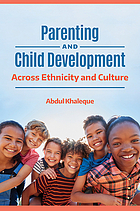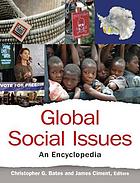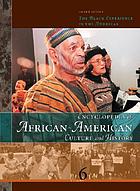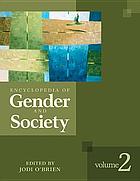 Parenting and Child Development: Across Ethnicity and Culture
by
Parenting and Child Development: Across Ethnicity and Culture
by
 Global Social Issues: An Encyclopedia
by
Global Social Issues: An Encyclopedia
by
 Encyclopedia of African American Culture and History
Encyclopedia of African American Culture and History
 Encyclopedia of Race and Racism
by
Encyclopedia of Race and Racism
by
 The Sage Encyclopedia of Economics and Society
by
The Sage Encyclopedia of Economics and Society
by
 Encyclopedia of Gender and Society
by
Encyclopedia of Gender and Society
by
Use the following online reference databases to find electronic reference articles:
Start your research with broad keywords that capture what you want to learn about.
I can start with a simple phrase or I can connect ideas with AND. In this database, it may also be useful to limit to a general area of study. Image 3 shows that I scrolled down the first screen and chose Social Science at "To Collection."
Click on the images below to enlarge them.
Image 1: In the first, I search just "American Dream."
Image 2: In the second, I focus on something I want to learn about the American Dream: "American Dream" AND inequality
Image 3: In both searches, I scrolled down the page and limited my search to Social Science at Collections.
Read and learn as you do your research. In this example, an introductory article on the ideology of the American Dream provides me with important concepts and key words I'll use in my research.
For an example of a reference article that can help you get started on a research project, check out the article linked below: "American Dream Ideology," from Race and Racism in the United States: An Encyclopedia of the American Mosaic, 2014.
The article ends with a short list of recommended sources for "Further Reading."
CQ Researcher Reports are well-researched and well-documented informative reports on current issues across the disciplines.
To find reports on your topic or to browse for ideas:
STEP 3: Select a Report. BE sure to pay attention to the date! Some reports are old.
STEP 4: Open Report. Navigate through the contents on the left.

Reference sources are a great place to start your research.
A reference collection is a set of books, databases and other items that provide background information on a topic.
A reference collection includes general sources such as dictionaries and encyclopedias. In college libraries, reference collections include specialized subject encyclopedias such as Encyclopedia of Marriage and Family.
To gather background information that provides context, history and insight into your subject.
To get a sense of key issues, concepts and terminology.
To gather key words (or keywords) you can use to search for relevant source material on the subject.
To find leads to key sources on the topic.
Learn about the broad topic first. That can help you find a focus for your research and discussion.